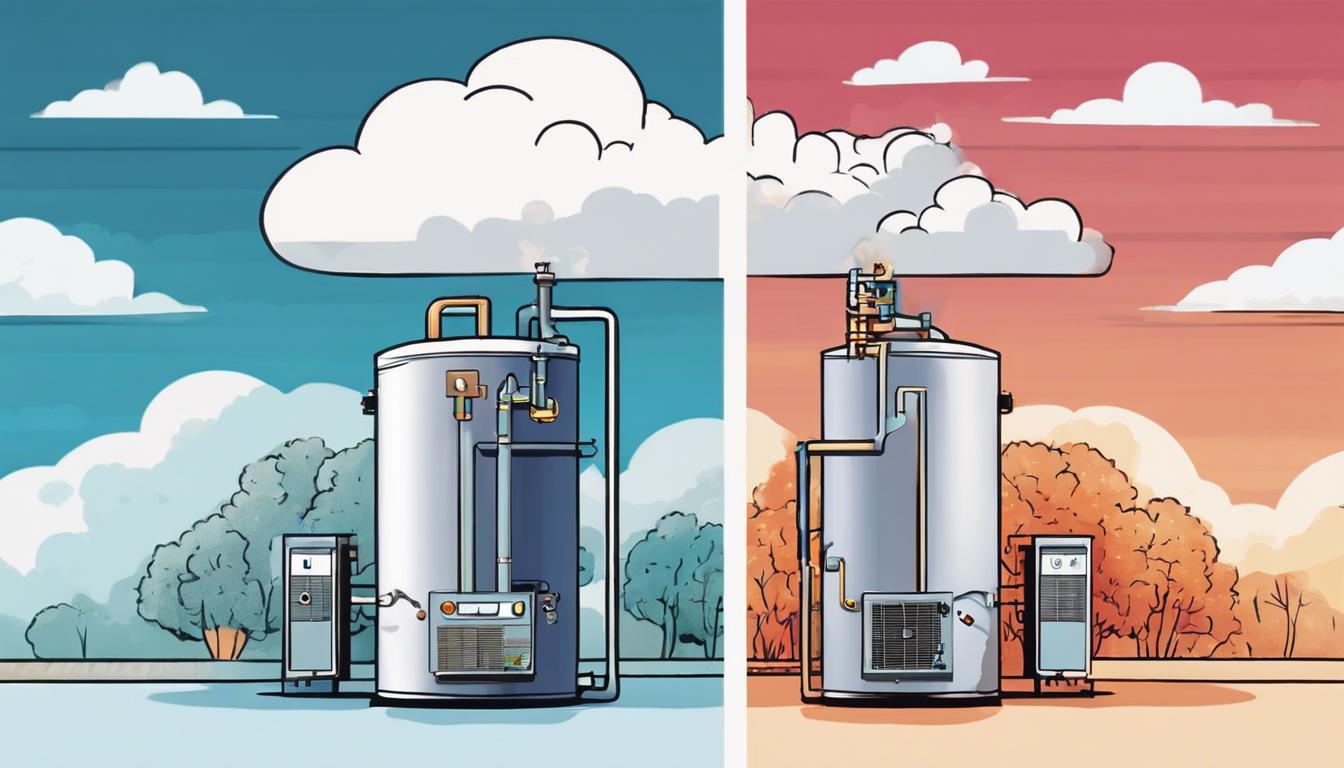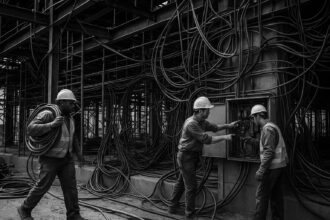The UK government’s postponement of the ‘boiler tax’, initially aimed to motivate a shift towards greener heating solutions like heat pumps, has raised apprehensions regarding its impact on the nation’s climate goals.
The UK government has announced a postponement in the implementation of fines for boiler manufacturers who do not meet specified heat pump sales quotas, a policy commonly referred to as the “boiler tax”. This measure is part of a broader initiative to encourage the transition from traditional gas boilers to more environmentally sustainable heating options, such as heat pumps. Despite the intention to promote cleaner heating solutions, this delay has sparked concern among various stakeholders about its implications on the country’s emission reduction goals.
Originally, the clean heat market mechanism required boiler manufacturers to ensure that 4% of their sales were heat pumps, failing which they would be subject to fines. However, manufacturers preemptively increased gas boiler prices in anticipation of these fines, leading to worries about unnecessary cost hikes for consumers. To address some of these concerns, the government plans to ease insulation requirements for obtaining heat pump grants, which could save households up to £2,500 in upfront costs.
In light of these developments, the Energy Secretary has called for an investigation by the Competition and Markets Authority into the boiler market, predominantly controlled by four major companies. While environmental group Greenpeace criticized the delay for compromising climate objectives, the Energy and Utilities Alliance pointed out that public resistance to the “boiler tax” contributed to its postponed implementation.
Meanwhile, the UK heat pump industry, represented by figures such as Vaillant’s UK managing director Henrik Hansen, has urged the government for policy stability. Despite investing £50 million in Arotherm heat pump production, the slow uptake—only 60,200 units sold last year compared to 1.5 million gas boilers—reflects market uncertainty exacerbated by fluctuating government commitments to green targets. Industry leaders emphasize the need for clear governmental signals to boost investment and transition towards less carbon-intensive heating methods.
The postponement of the clean heat market mechanism from April 2024 to 2025 has been met with disappointment by environmental campaigners, underscoring the tension between achieving rapid decarbonization in domestic heating and accommodating industry pushback against transformative policies. This delay raises critical questions about the feasibility of meeting the national target of installing 600,000 heat pumps annually by 2028 and the broader implications for the UK’s climate commitments.













